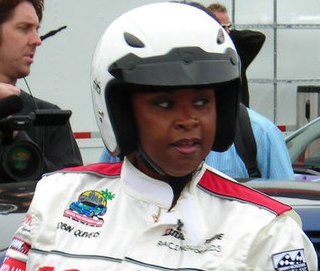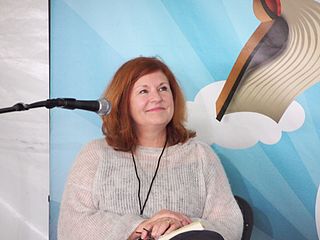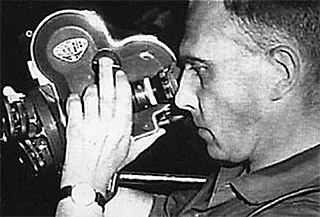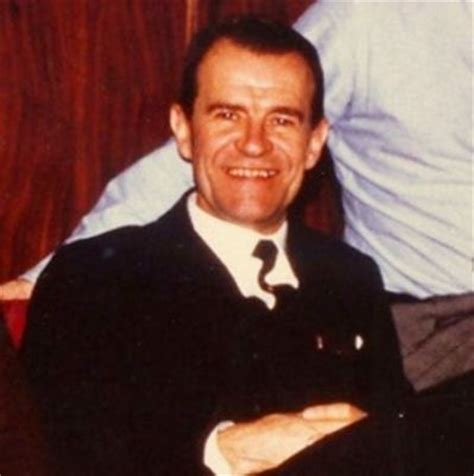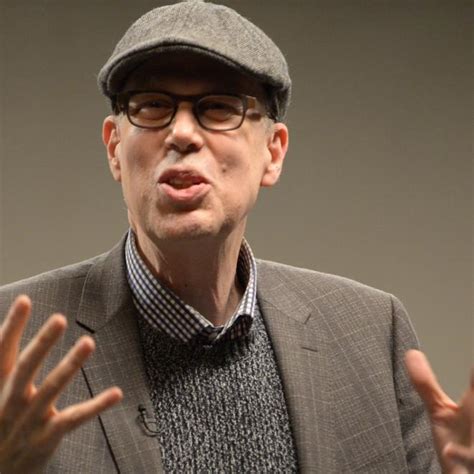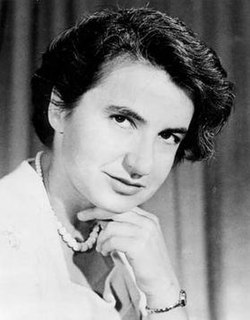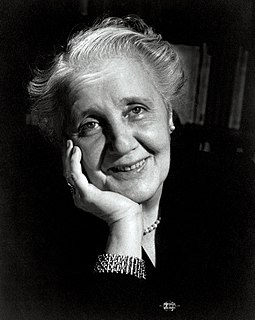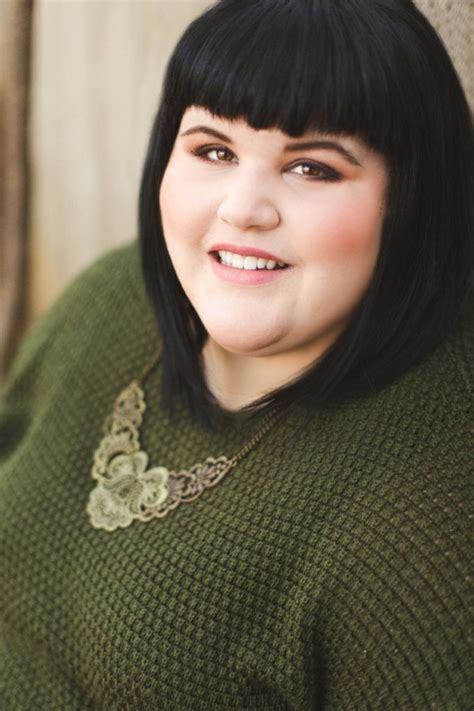A Quote by Robert Breault
I say to my child, I will explain to you as much of life as I can, but you must remember that there is a part of life for which you are the explanation.
Related Quotes
There is no explanation you can give that will explain away all the sufferings and evil and torture and destruction and hunger in the world! You'll never explain it. Because life is a mystery, which means your thinking mind cannot make sense of it. For that you've got to wake up and then you'll suddenly realize that reality is not the problem, you are the problem.
Every child has to disobey the father. Unless a child disobeys the father he never becomes mature. It is nothing, original, it is very simple and natural. It is very psychological. There comes an age when every child has to say NO to the parents. If he does not say no to the parents he will not have a spine; he will be spineless. If he cannot say no to the parents, he will be a slave his whole life. He will never attain to individuality.
Parents should teach their children to pray. The child learns both from what the parents do and what they say. The child who sees a mother or a father pass through the trials of life with fervent prayer to God and then hears a sincere testimony that God answered in kindness will remember what he or she saw and heard. When trials come, that individual will be prepared.
We must not allow ourselves to become like the system we oppose. We cannot afford to use methods of which we will be ashamed when we look back, when we say, '...we shouldn't have done that.' We must remember, my friends, that we have been given a wonderful cause. The cause of freedom! And you and I must be those who will walk with heads held high. We will say, 'We used methods that can stand the harsh scrutiny of history.'
Vocation does not come from willfulness. It comes from listening. I must listen to my life and try to understand what it is truly about-quite apart from what I would like it to be about-or my life will never represent anything real in the world, no matter how earnest my intentions…..Before I can tell my life what I want to do with it, I must listen to my life telling me who I am. I must listen for the truths and values at the heart of my own identity, not the standards by which I must live-but the standards by which I cannot help but live if I am living my own life.
Let us remember that every worldview-not just Christianity's-must give an explanation or an answer for evil and suffering...this is not just a problem distinctive to Christianity. It will not do for the challenger just to raise the question. This problem of evil is one to which we all must offer an answer, regardless of the belief system to which we subscribe.
Our daily life is mostly, made of cases in which we lose money and/or time and/or energy and/or appetite, cheerfulness and good health because of the improbable action of some preposterous creature who has nothing to gain and indeed gains nothing from causing us embarrassment, difficulties or harm. Nobody knows, understands or can possibly explain why that preposterous creature does what he does. In fact there is no explanation - or better there is only one explanation: the person in question is stupid.
You must create the character's internal life. What do I mean by internal life? I mean the thoughts, feelings, memories, and inner decisions that may not be spoken. When we look into the eyes of actors giving fully realized performances, we can see them thinking. We're interested in what they're experiencing that may never be spoken, that quality of nonverbal expression - which is as much a part of the characters as breathing and as real as what they say and do. This is their internal life. It helps us believe in the characters and care about them.
You look at science (or at least talk of it) as some sort of demoralising invention of man, something apart from real life, and which must be cautiously guarded and kept separate from everyday existence. But science and everyday life cannot and should not be separated. Science, for me, gives a partial explanation for life. In so far as it goes, it is based on fact, experience and experiment.
Of them all, it was the true love. Of them all, it was the best. That other sumptuous love which made one drunk, which one longed for, envied, believed in, that was not life. It was what life was seeking; it was a suspension of life. But to be close to a child, for whom one spent everything, whose life was protected and nourished by one's own, to have that child beside one, at peace, was the real, the deepest, the only joy.
Although psychology and pedagogy have always maintained the belief that a child is a happy being without any conflicts, and have assumed that the sufferings of adults are the results of the burdens and hardships of reality, it must be asserted that just the opposite is true. What we learn about the child and the adult through psychoanalysis shows that all the sufferings of later life are for the most part repetitions of these earlier ones, and that every child in the first years of life goes through and immeasurable degree of suffering.
The child thinks of growing old as an almost obscene calamity, which for some mysterious reason will never happen to itself. All who have passed the age of thirty are joyless grotesques, endlessly fussing about things of no importance and staying alive without, so far as the child can see, having anything to live for. Only child life is real life.


